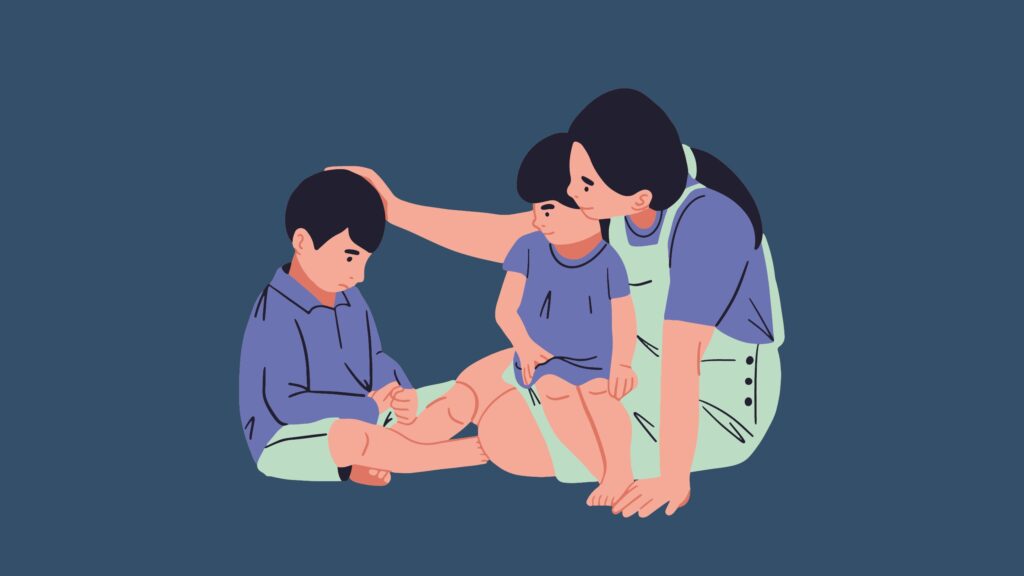There has been a steady decline in youth voters since the high in 2008, both among national and statewide elections. M.D. Hinds published an article in 2001 via the Carnegie Corporation of New York titled Youth Vote 2000: They’d Rather Volunteer that found most youth feel uninformed about the entire process of the electoral process and voting in general.
“We need to inform kids in high school that like ‘hey, you’re going to be the next voters,” Skyler Andrews ‘16 said. “Most kids don’t know anything about voting.”
The United States Census Bureau released a chart dictating the amount of voters, by state, for 2012. Oregon had a total of 391 eligible voters 18-24-years old, but only 55.3 percent were registered to vote, and in the end 47.6 percent actually did.
“If you’re not gonna vote, you’re not gonna pay enough attention to to realize that you can be someone to help fix things, then you don’t get the right to complain,” Andrews said.
The candidates may just not appeal to younger voters. Due to the requirement that they must be 35 years old to run for president, that leaves a minimum of an 11 year age gap. Many of the candidates may focus on issues that these voters find unimportant to them or their struggles at that moment.
“Well, if they feel like they could relate to one of the candidates they’re more likely to vote. Or at least their ideas, like Bernie Sanders. Such as his ideas on college tuition, and we’re all going to go to college,” Karina Hernandez-Ziranda ‘17 said.
Voting decreases even further between presidential and non-presidential election years. According to the Child Trends Data Bank, 38 percent of those 18-24- year olds voted in 2012, a presidential election year, versus 15.9 percent in 2014, a non-presidential, or midterm election year. Those who could have been voted for on the 2014 Oregon ballot include potential members of the US Senate and House, State Executives, Senate, and House, among other positions.
“They don’t think a state representative can make as big of a difference as a president can,” Ari Elsbernd ‘17 said.
In fact, the Center for Information and Research on Civic Learning and Engagement at Tufts University published a news report in 2014 that proved voting among youth fell to its lowest level; only 19.9 percent of 18- 29-year old citizens did so that fall, compared to the 26.6 percent average among the same age range for midterm elections the previous 40 years. Specifically for Oregon, 149 out of 380 youth voters were registered, or 39.1 percent. A total of 23.4 percent of them did vote, the Census Bureau reports.
“I feel like it’s important because if you don’t have a solid state then you can’t have a solid government as a whole,” Kylee Jackson ‘18 said. “States make up the country.”
Many teens believe their vote will not make a difference in the grand scheme of things. Only a third of voters believed otherwise, according to a Harvard Institute of Politics youth poll.
Sometimes afterwards, people take to social media or other platforms to complain about the outcome of these elections.
“I don’t care about it but I don’t want to hear you complain about it,” Nick Erwin ‘16 said. “If you don’t vote, you don’t get the right to complain.”





